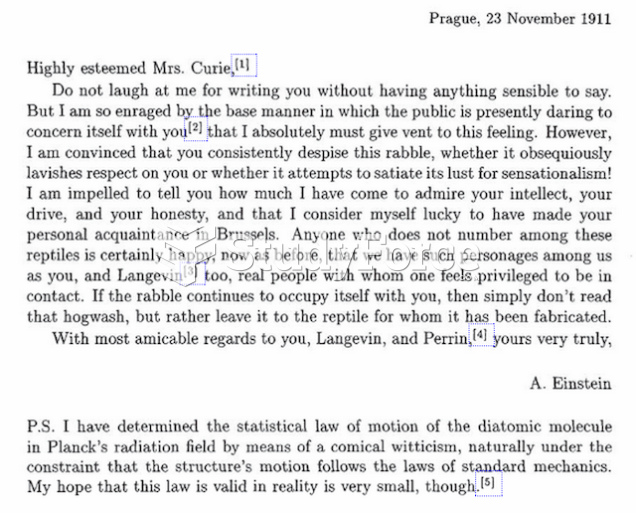Answer to Question 1
When a claim is allowable, you should use the direct approach and grant the adjustment in the
opening sentence. Admit that it was your fault, without arguing or trying to avoid responsibility.
You should also strive to keep the customer's goodwill throughout the letter. In an effort to
maintain goodwill, some companies will even grant doubtful claims if the costs are not
excessive. In this way, they develop an excellent reputation among their customers and gain
new business.
Although a business may strive to satisfy its customers and may have the most lenient claim
policy in its industry, it will encounter situations in which claims simply cannot be allowed. For
such claims, where the reply is clearly no, the adjustment letter should have a positive tone
and should also maintain the customer's goodwill. The writer should use the indirect approach;
start with a buffer, which gives the reasons before the refusal, and then end with another
buffer.
Answer to Question 2
A claim letter is a type of request letter written when there is a problem with a product or
service. The person who writes a claim letter believes, of course, that he or she has been
wronged. A few guidelines to be followed when writing a claim letter are:
Get the facts. When you write a claim letter, you should rely on facts as the basis of your
claim. Until you have sufficient facts, do not write the letter. When you do have all the facts,
use them to describe the claim completely and accurately. It is especially important to be
complete and accurate when you are writing a claim letter because you are, in effect, making
an accusation. Both to make a convincing argument and to be fair to the reader, you should
present all the facts, and you should do so accurately.
Avoid accusations, threats, and demands. The goal of the claim letter is to get the missing
merchandise, to correct the billing error, to return the damaged goodsin other words, to get
results; not to accuse, to lay blame, to threaten, or to demand.
Suggest reasonable solutions. The opposite of accusing, threatening, or demanding is
suggesting reasonable solutions. By suggesting reasonable solutions, you strengthen your
chance of getting a just settlement quickly. It is usually best to suggest the kind of solution that
you consider acceptable.







